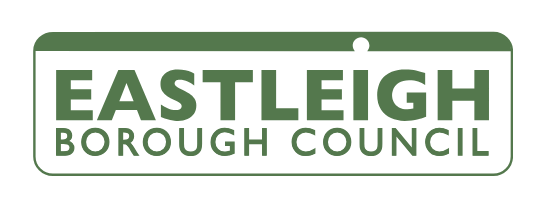Housing benefit, in its current form, celebrates its 40th birthday this year. The scheme continues to reflect successive government policy decisions by evolving under the wider Universal Credit system, placing significant pressure on local authorities’ stretched finances.
The recent introduction of the housing benefit award accuracy initiative (HBAAI) represents the latest drive to ensure housing benefit claims remain valid and up to date. Set to become mandatory from April 2022, the initiative provides extra funding for LAs to undertake full case reviews (FCRs) to improve the accuracy of HB awards and any associated Council Tax Support claims.
With a new monthly Caseload Risk Data model and higher stakes involved in failure, all eyes are on councils to fulfil these growing responsibilities and safeguard the public purse. No local authority can afford to play catch-up: a robust year-round strategy is critical to the initiative’s successful implementation. Given the current pressures on bandwidth and overstretched departments, however, taking such an approach may be easier said than done.
The solution? Outsourcing to a trusted provider of benefit solutions can ensure that all bases are covered, empowering councils to deliver on all set requirements with accuracy and agility.
What is the Housing Benefit Award Accuracy Initiative (HBAAI)?
In March 2020, LAs were advised about the launch of a new housing benefit award accuracy initiative (HBAAI) – originally with effect from April 2020. Under the initiative, councils receive an allocated amount of funding to undertake specific activities to identify unreported changes and ensure the right benefit is paid to the right person at the right time. These activities include HB Full Case Reviews (FCRs), HB Matching Service (HMBS) referrals – including Self-employed Earnings Reviews (SERs) – the correct recording of cases and the return of management information to the DWP.
While the government does not prescribe exactly how local authorities undertake these reviews, there is a clear expectation for councils to use data available to them digitally to review and validate all current information associated with claims, identify any changes of circumstances, and recalculate customer entitlement accordingly.
The disruption of Covid severely hindered the launch of this new initiative. As a result, local authorities can currently opt-in before full participation becomes mandatory for the 2022/23 financial year. Out of 362 LAs, around two-thirds (240) committed to start from 2020/21, according to official figures.
What challenges do councils face?
So, what of the 122 LAs that opted out? While specific barriers to participation in HBAAI may vary between councils, the shared challenges faced by the public sector are clearly visible.
Firstly, many councils are experiencing less scope for resilience due to increased workload pressures and overstretched resources. More people are receiving benefits now because of the pandemic, while the circumstances of the self-employed are particularly likely to have changed. Furthermore, a historic lack of longevity within the benefits world means that some departments face challenges when it comes to implementing new initiatives.
Another challenge faced by LAs is the need to undertake targeted FCRs. From April 2021, participating councils have had to complete full case reviews on their share of the top 400,000 housing benefit cases identified nationally by the HBAA risk score, which predicts the probability of a HB case having a change of circumstance.
In order to review the most high-risk cases, LAs receive a risk score for each case. These scores tend to contain minimal data and usually lack a clear claim characteristic. This presents a significant challenge for councils that are already overburdened with benefit processing workloads, as they are required to filter their case selection based on new criteria.
HBAAI requires local authorities to keep up with the necessary numbers and to identify the most efficient methods of delivering this information back to the DWP. They must also be able to flag up potential cases of fraud and identify all undeclared changes in circumstances. Should they fail to have the right processes in place, LAs stand to lose more than the funding. Unresolved discrepancies can cause reputational damage and will negatively impact councils, housing providers, and customers alike.
How can Liberata help?
In light of these challenges, growing numbers of LAs are placing their trust in outsourcing providers like Liberata. By providing a robust and effective end-to-end solution, Liberata can ease the burden on councils as they transition to complex new processes.
Crucially, Liberata has the tools to target and categorise high-risk case groups. We take a council’s risk score in its most basic form and provide a script for them to run against their system, effectively pulling the two pieces of information together into our Service Cloud platform. This intelligent tool can filter cases based on demographics, changing circumstance, or date of last review, allowing case selection based on set criteria.
Intelligent case selection can take the sting out of meeting this key HBAAI requirement, guaranteeing significant savings to time, effort, and resources. Liberata’s end-to-end process also takes care of important administrative tasks, such as the generation of letters to customers, which gives local authorities the breathing space to focus on their own specific needs.
As HBAAI participation becomes mandatory, councils should prioritise the seamless processing and management of housing benefit case reviews. By passing the burden to Liberata, LAs can benefit from reliable case selection and the consistent and intelligent delivery of end-to-end solutions.





